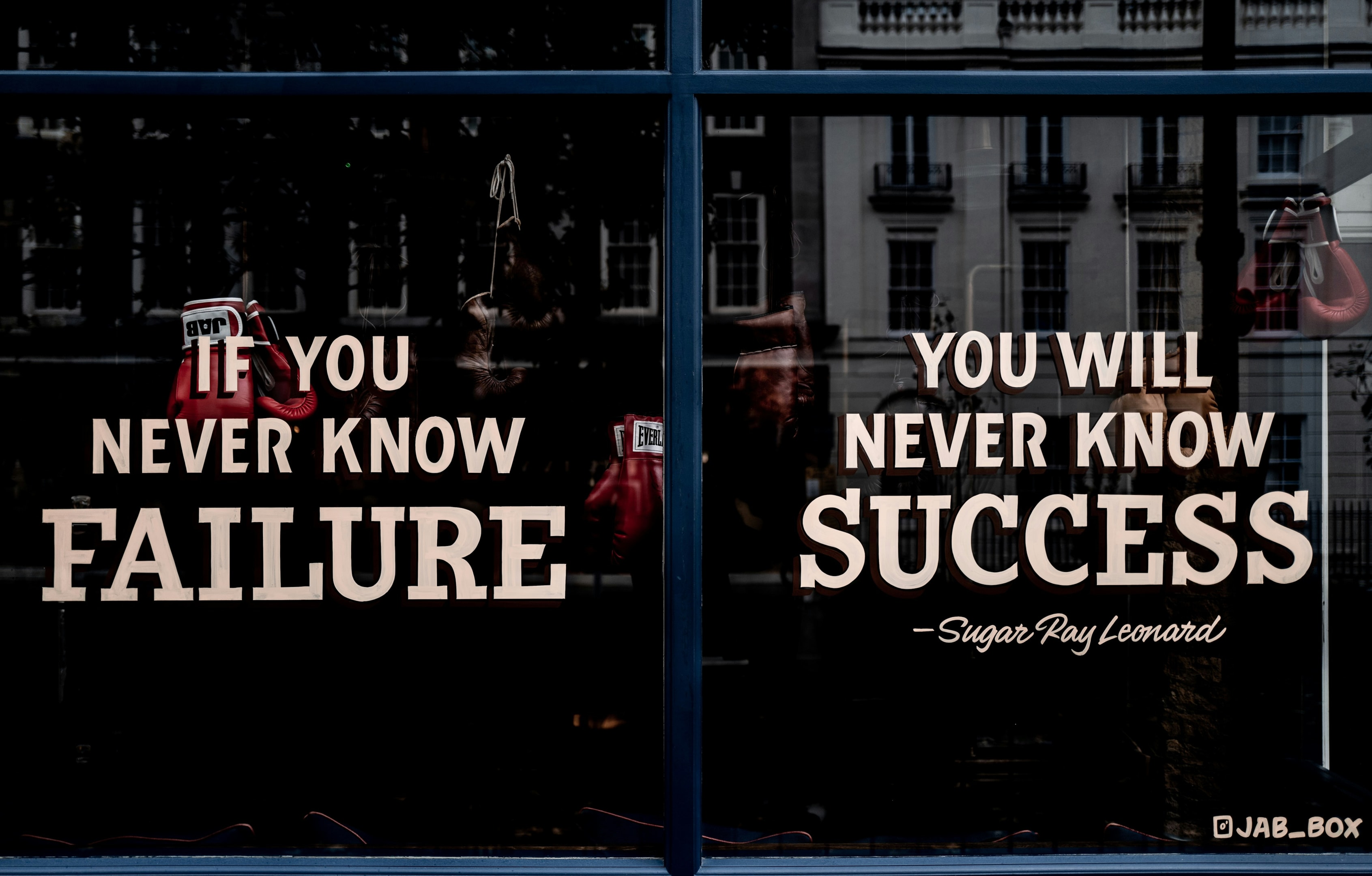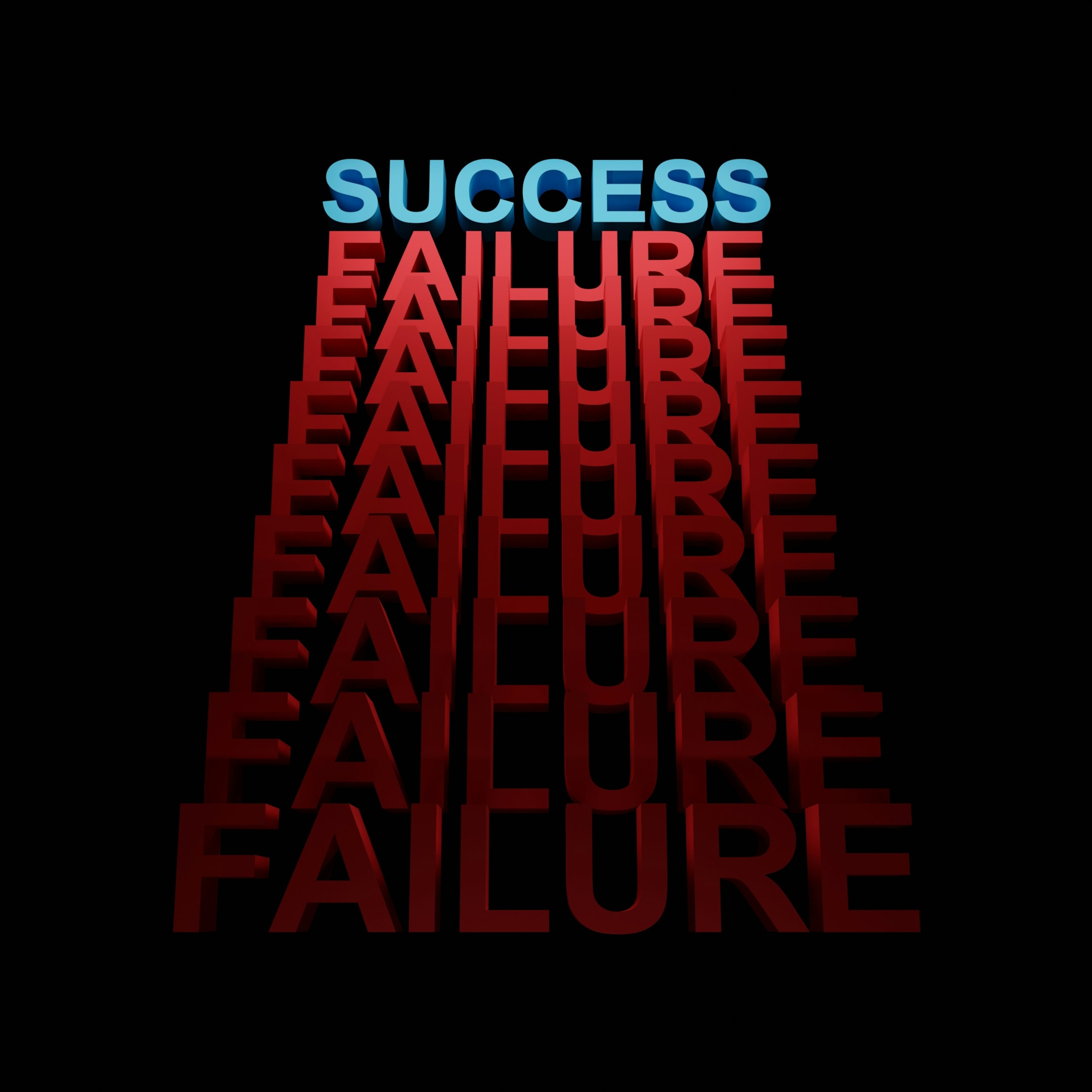 Marijana Gligoric
Marijana GligoricWhy SaaS startups fail and how to avoid it yourself?

Not a day goes by without a new SaaS startup being announced.
For everything you do, there’s a SaaS that can do it for you or help you do it better.
So the SaaS industry seems to be growing very fast.
Even though many of these SaaS businesses do very well, most actually fail.
They hold on for a year or less, but after that, they are gone.
If you are considering building a SaaS startup and don’t want yours to fail, we at brigit.dev prepared something for you. Understanding why SaaS businesses fail is crucial to avoid failure.
After this article, you’ll know what (not) to do.
The rise and the fall of SaaS companies: statistics in 2024
The SaaS industry is worth over $195 billion.
It grew around 500% over the past seven years.
At first glance, it seems like every SaaS business is a success. You just need to turn an idea into a product and you are good to go.
But don’t get too excited too soon.
Unfortunately, these statistics don’t show you the real situation in this industry.
Most SaaS startups aren’t part of this success.
They don’t see a penny from all these billions you read about.
Reality is harsh. SaaS businesses don't do that well.
The truth is that 90% of SaaS startups fail.
23.2% of startups fail in the first year alone, so that’s 1 in 5 SaaS businesses.
Around 20% of new SaaS startups do not survive past their first few years.
In the last 20+ years, only 2,860 startups reached the unicorn stage.
Only 23 Cloud 100 companies are currently cash flow positive.
When you see statistics and numbers like these, it puts a lot of things into perspective.
They might seem disappointing but you need to face reality before you face the market with your product.
These statistics show that for most their go-to-market strategy is go to market.
It is not just funny but true and you want to avoid that and many other mistakes they are making.
To be part of the positive billion-dollar statistics you first need to know what not to do.
Main reasons why SaaS startups fail
There are a lot of reasons why many SaaS businesses fail. Some of them no one can’t control.
However, the majority of startups don’t fail because of some outside circumstances.
They fail because of their own mistakes.
Poor marketing strategies, wrong business model, ignored financial difficulties, bad pricing strategies, ignoring customer satisfaction. The list goes on and on.
Many SaaS companies realize this only after it’s too late.
So in order to avoid it you need to understand all the factors that cause failure and influence SaaS success.
Product Related Reasons

The number one thing that causes SaaS startup failure is the SaaS product itself.
You can do everything right but if your product is bad nothing can help you.
The biggest problem with SaaS products is that they aren't built for target customers and their problem(s).
Most SaaS startup founders have an idea and decide to build an MVP (Minimum Viable Product) right away.
With no unique value proposition, competitive advantage, and often no real problem to solve.
They don't focus on a niche, their UI/UX design is bad, and they ignore psychology in the process.
There isn't a proper financial plan and their pricing model is chosen randomly or based on advice.
There is no careful planning just a lot of poor execution.
Successful SaaS companies don't do this.
Technical Related Reasons

The next big problem is the technical side of the product.
It often has a lot of bugs and users have a bad experience.
The solution is not protected and security is a big issue.
Another big problem is that often these SaaS solutions are scalable. They struggle to handle a bigger user base but you need to be constantly evolving to stay relevant.
Integration is not in the mix for many, so users get very frustrated when they can't integrate their solution with popular tools.
Regular updates, maintenance, and customer support are often overlooked. Customer satisfaction is highly influenced by the technical aspects of your product and the support you offer.
Most of the technical issues come from using outdated technology and not hiring real experts to work on the software development.
You need expertise and experience on your side to make a solution that really works and can retain customers to generate revenue.
That's how successful companies achieve profitability.
Sales and Marketing Related Reasons

Even if some have a great product, poor sales strategies, and bad marketing can destroy the business.
No clear sales plan and poor sales efforts are more common than you think.
Many startups jump into selling without a deep understanding of their target market or target audience. There is no unique selling proposition just vague promises. They don't conduct market research and ignore customer feedback.
This is why their marketing tactics fail. They don't know how to present the product the right way because they don't know their audience well. They don't provide valuable insights into how the product works but rather use buzzwords to draw attention.
Another problem they often struggle with is pricing as well.
Setting prices too high can scare away potential customers, while pricing too low can devalue the product or make it unsustainable.
The lack of a well-thought-out pricing strategy impacts revenue and growth a lot.
Additionally, poor customer acquisition and retention strategies can lead to high churn rates. Most don't measure customer satisfaction so no data-driven decisions are actually made.
If a startup doesn’t have a clear plan for attracting and keeping customers, it can quickly run out of funds.
Many just rely on luck and see where it takes them. Most follow industry trends even though they are not a one-size-fits-all.
There is no inbound or outbound just a lot of wishful thinking.
Market Related Reasons

One of the biggest mistakes SaaS startups make is entering a market without understanding it.
Many startups don’t do proper market research, which leaves them blind to the real needs and wants of their potential users.
Without these insights, it’s easy to misjudge demand or miss out on key market opportunities.
Often they enter the wrong markets that are too competitive or the market isn't ready for the product.
Trying to educate your users on your product and their needs behind is expensive and time-consuming. Most SaaS startups can't afford it.
Also, offering a solution that is easy to duplicate and offer at a cheaper price makes you expendable and easy to replace. With a SaaS app like that you have no chance.
Successful SaaS startups don't make these mistakes.
What your SaaS startup can do differently?

To avoid failure and not make the same mistake most SaaS startups make you need to think differently.
The riches are in the niches. Remember that. So do your market research.
Pick a target market that isn’t too saturated where the only thing you can offer is a lower price.
After that, you need to be 100% sure your idea is validated.
This means you have a defined problem your product solves and a user base ready to pay for it.
Once you have it the biggest part of your job is done.
The next thing is to build the product.
Prioritize creating a user-centric solution that fits the user’s needs and preferences.
You should develop the product not just with users in mind but with their feedback.
For this, you need a partner who focuses on it too. A good development agency is probably the most cost-effective solution that brings all the benefits and no employment stress.
Also, make sure the solution is scalable so you can always upgrade it as the market changes and the user base expands.
Once you have your product market fit solution your job is to make the user experience as better as possible.
Focus on the onboarding process, providing excellent customer support, and regular maintenance. Measuring customer satisfaction is a big part of this process to make sure your efforts are effective.
Beyond this, make sure you have a good sales strategy and don’t ignore marketing. Your business model needs to be in line with the product you created.
With all of this in the mix, your SaaS company can’t fail.
Bottom line
SaaS startups fail. Startups fail. Most businesses fail. Even industries fail.
It means nothing, but it tells you everything.
Failure is part of the process, but you don't have to be part of it.
You can avoid being just another statistic by focusing on what is really important.
Like your product and the demand behind it.
If you nail these two things right everything else will fall into place.
Quality over everything.
So be careful who you trust to help you on your way.